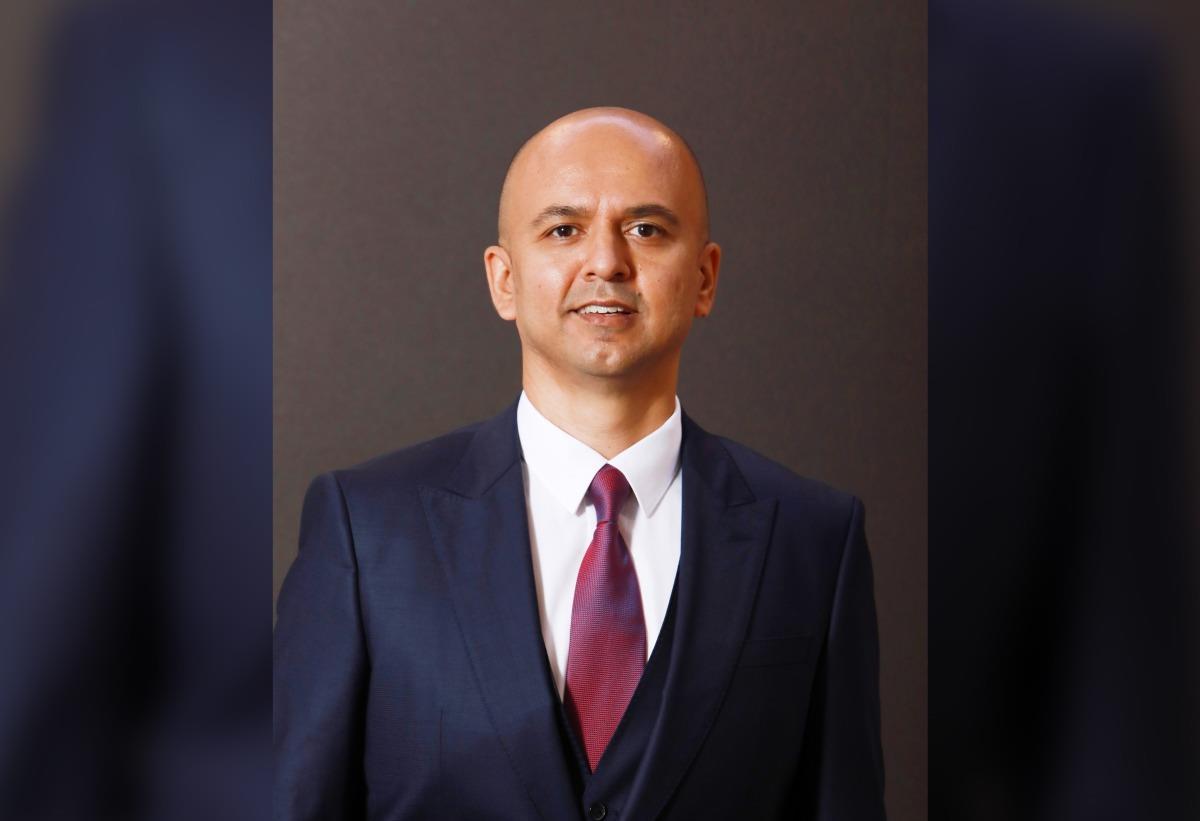
Rethinking Remittances: Qatar's Path To Trusted, Inclusive Cross-Border Payments
Doha: Every month, people across Qatar send money abroad. Behind every transaction is a story often shaped by care and connection.
While most transactions are personal, around half are tied to business activity, typically for business investments, paying for goods, and even purchasing property.
Today, the Qatar remittance market is rapidly expanding, expected to reach over $8 billion by 2029.
As digital transformation accelerates and money movement trends change, remittance services must evolve – not just to keep pace but to match the digital lives and heightened expectations of the people they serve.
Expectations have evolved - but infrastructure hasn't
As expectations evolve, many residents in Qatar are looking for more from cross-border remittance systems.
Across the markets, one of the most common frustrations is the time it takes for money to be transferred.
With expatriates making up around 90% of Qatar's population, the country has become a vibrant, diverse hubs with people from different backgrounds.
However, high transfer fees and poor exchange rates continue to be critical barriers.
Beyond individual pain points, there's a broader disconnect.
Whether we are ordering food or sending money home, we naturally seek services that are quick, clear, and give us a sense of control.
That's what consumers have come to expect – and it highlights why interoperability matters.
When systems don't speak to one another, users face delays or inconsistent service.
The benchmark has shifted.
Financial institutions, fintechs and exchange houses that will succeed are those who recognize this shift and design for intuitive, inclusive, and seamless experiences, not just regulatory compliance.
Why digital remittances matter now
While bank transfers remain the most widely used method, mobile payment apps are gaining traction as digital habits grow.
Exchange houses still meet some needs but often fall short for younger, digital-first users.
This shift aligns with broader goals for digital transformation and inclusion, and digital remittances offer a meaningful way to support that mission by enhancing efficiency and trust.
What's needed now is purposeful action.
Institutions can ease remittance friction by addressing hidden fees, outdated systems, and complex identification processes.
With the right digital infrastructure, transfers can happen in real time.
Simpler methods like using mobile numbers instead of IBANs help users feel seen and served, especially in a country as diverse as Qatar.
A seamless experience is one that meets people where they are, with tools that feel responsive to their needs.
How Qatar is shaping digital trust
Qatar is setting new benchmarks for the future of remittance solutions, driven by its young and connected population, and forward-thinking policies.
Products like Visa+, which enable alias-based cross-border payments using mobile numbers, showcase this potential.
Visa+ can make cross-border transactions faster, safer, and more private, while also improving connectivity across payment systems in the region.
By minimizing intermediaries, they help reduce costs and enhance reliability, transparency, and security.
They also support financial inclusion by empowering small businesses and providing regulators with better tools to monitor transactions and prevent fraud.
This is just one example of how innovation can help bridge the remittance gap and meet evolving consumer expectations.
As digital remittances become more embedded in everyday life, we need secure, flexible solutions built on trusted, interoperable ecosystems.
This is about more than infrastructure – it's about creating truly user-centric experiences.
Building a better future for remittances
Remittances in Qatar represent more than transactions; they are lifelines connecting people, businesses and national economies.
The ask is clear: make it fast, secure, and easy.
At Visa, we believe the future of payments is human-centered – enhancing not just technology, but the connections that matter most.
With Qatar positioned at this crossroads, we have an opportunity, not only to innovate, but also to lead globally, transforming remittance services into seamless experiences defined by trust, accessibility, and effortless connectivity.

Legal Disclaimer:
MENAFN provides the
information “as is” without warranty of any kind. We do not accept
any responsibility or liability for the accuracy, content, images,
videos, licenses, completeness, legality, or reliability of the information
contained in this article. If you have any complaints or copyright
issues related to this article, kindly contact the provider above.


















Comments
No comment